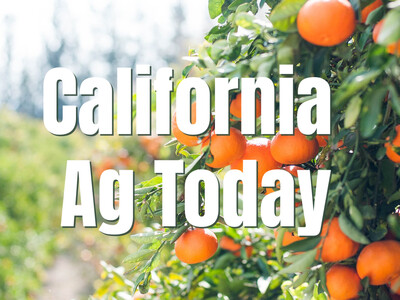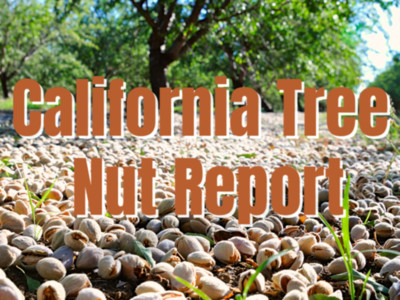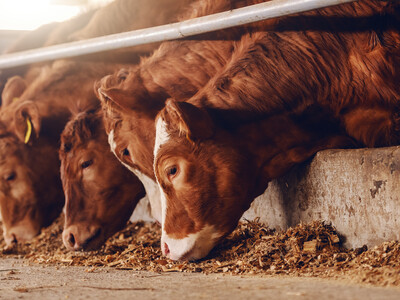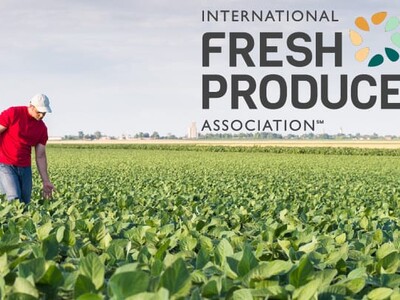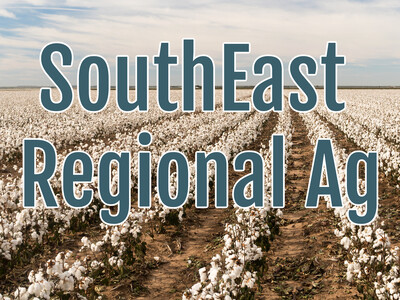Bean Weed Studies
Don Morishita, the Kimberly center superintendent and a weed scientist at U of I Is conducting several weed science studies with his colleagues and I had to hear what was going on. "Because Idaho is a major producer of dry beans grown for seed, another study at Kimberly focused on the effects of herbicides registered for dry-bean production on two popular dry bean varieties. Differences in herbicide tolerance between the two bean types can create challenges for seed companies, growers and herbicide manufacturers.We are having an Idaho Bean Field Day at the Kimberly Research and Extension Center and it will include updates on research to evaluate reduced tillage or no-till methods that have become increasingly popular with other crops. Reducing tillage and soil disturbance can minimize erosion, improve soil tilth and conserve soil moisture, but can also increase weed control challenges.
Other work at Kimberly addresses using cover crops as strategies to improve dry bean production and control weeds. Irrigation researcher Howard Neibling of Kimberly and agronomist Olga Walsh of the Parma Research and Extension Center in the Treasure Valley are jointly studying how tillage, irrigation methods and irrigation rates affect dry bean production and weeds. Some onion and bean growers in southwestern Idaho have switched to drip tape or plastic irrigation lines to deliver water directly to the rows rather than conventional furrow or sprinkler irrigation that is still the standard in the Magic Valley surrounding Kimberly.






